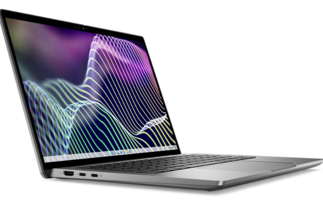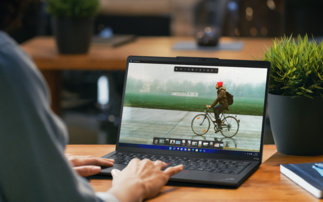Qualcomm Snapdragon 835-based devices will be instant-on with 20-hour battery life - but will only run stripped-down version of Windows 10
The first new ARM-based Windows 10 PCs have been launched by Microsoft and Qualcomm - five years after the first Microsoft Surface RT devices running Windows 8, which flopped embarrassingly in the ...
To continue reading this article...
Join Computing
- Unlimited access to real-time news, analysis and opinion from the technology industry
- Receive important and breaking news in our daily newsletter
- Be the first to hear about our events and awards programmes
- Join live member only interviews with IT leaders at the ‘IT Lounge’; your chance to ask your burning tech questions and have them answered
- Access to the Computing Delta hub providing market intelligence and research
- Receive our members-only newsletter with exclusive opinion pieces from senior IT Leaders



















